Books
Best Psychotherapy Books of 2024 (so far)
In this “Reads of the Year: 2024 Edition”, I am featuring a selection of books I’ve explored throughout the year. You’ll find that I find that some were more enjoyable, interesting, useful, and fulfilling than others. While I prefer not to write scornful reviews, I will still highlight areas where these texts could certainly improve. Despite this, I believe the insights provided in these books are all valuable. With that in mind, here is the list (so far):

Assertiveness Training
By Chase Hill
Assertiveness
An Autobiography of Trauma
By Peter A. Levine
Autobiography
Conscious Uncoupling
By Katherine Woodward Thomas
Relationships
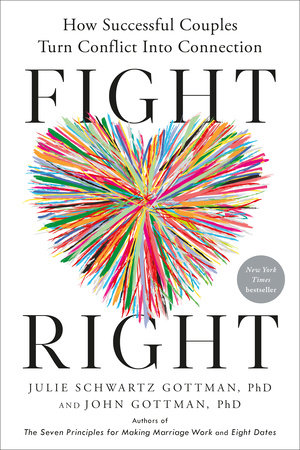
Fight Right (2024) – Julie and John Gottman
This book, published on January 30, 2024, has already set a high standard in the field of relationship counseling.
Over the past few years, I have followed the work of the Gottmans. Their innovative concepts and techniques have become essential tools in my Couples Therapy professional repertoire. However, whether it’s to purchase another book, enroll in a course, or gain access to their paid platforms a recurring and notable critique is their evident tendency in many publications to steer readers toward a marketing funnel.
Fortunately, in Fight Right, the Gottmans have demonstrated remarkable generosity in sharing information, offering a wealth of resources directly to the reader without reservation. This inspired me to complement the book with an unofficial Workbook. Priced at just $11.99—a modest sum—I acquired a practical guide to use with my patients, especially those entangled in severe or chronic disputes. (Note: It is not recommended to purchase the workbook by itself).
The tone of the book is straightforward, the examples are well presented, and it extensively discusses the perpetual relationship quarrels that the authors have had (they have been married for 34 years) and how they resolved them (although, I must say, some “resolutions” were not entirely convincing to me). At the end of each chapter, they reward the reader with practical and realistic tools (which is precisely what we expect from them).
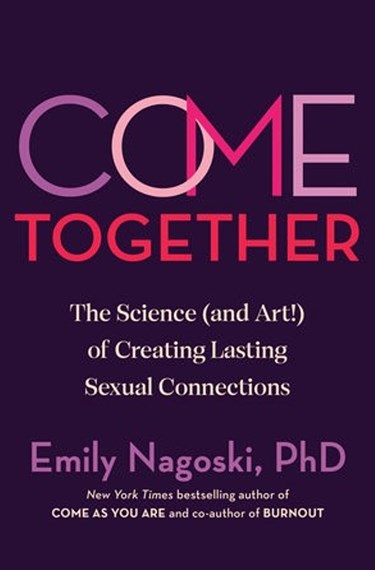
Come Together (2024) – Emily Nagosky
The field of Clinical Sexology has predominantly been shaped by men, with few exceptions. The question that Freud died without answering—’What do women really want?’—is now being addressed by women themselves in the 21st century. It turns out, who would have thought?, that female sexuality isn’t that ‘mysterious,’ ‘mystical,’ or ‘capricious’ after all. Emily Nagosky is a sexologist-feminist-bisexual from Generation X (verging on millennial), so a gender perspective and an explicit sexual vocabulary must be expected. The book has moments of brilliance, and I would like to comment on three themes:
- The Difference Between Desire and Pleasure: Desire is more mental, often uncontrollable, and sometimes self-destructive (we may desire someone or something that rejects or harms us), whereas pleasure is controllable and fundamentally about what feels good. The main question here is, how do we navigate moments to maximize what makes us feel good?
- Understanding Sexuality Through an Architecture Methaphor: Sexuality is likened to a house’s floor plan where, to reach the room of Sex, one must traverse through other rooms such as play, trust, intellectual stimulation, confession. Each individual’s floor plan is unique. The crucial question is, ‘What rooms must you pass through to experience fulfilling sex?’—with fulfilling sex defined as ‘a relationship with one or more people where it’s possible to express desires freely without major inhibitions, knowing the sexual relationship can end at any time without adverse effects or pressures for anyone involved.
- Gender Imperatives: This is where the book misses the mark. While gender roles are a vital topic, their presentation here feels overly simplistic. The narrative of the book rigidly categorizes women as ‘caregivers,’ who prioritize others and suppress anger, and men as ‘winners,’ confined to feelings of anger and sexual arousal. It appears that the author frequently confuses sex with gender, and stereotypes with archetypes. I think that the complexity of real life is far more intricate and nuanced than these two categories are, at least of how they have been presented. Despite these criticisms, I believe the book is still worth reading, specially for the general public.
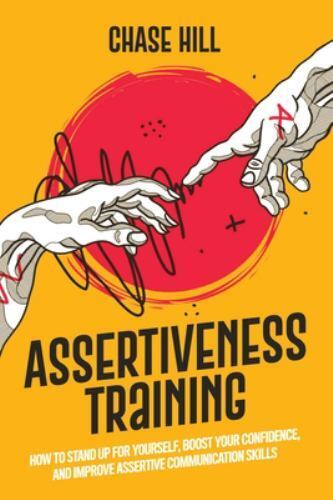
Assertiveness Training (2020) – Hill Chase
This book is useful as an introduction to the topic of Assertiveness; I’ve learn several canned ideas for dealing with difficult situations that require setting clear boundaries. This book hasn’t changed my life, but it delivers what it promises. A separate note is the insistence that people who suffer serious abuse jump straight to filing a police report. As a clinical psychologist, this insistence surprises me quite a bit because it doesn’t seem to support these individuals and prepare them to avoid risks and be psychologically strong enough to handle the effects that this situation can bring.
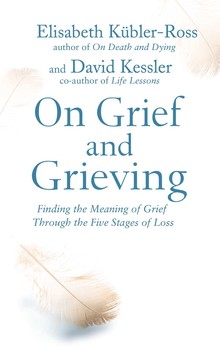
On Grief and Grieving (2005) – Elisabeth Kübler Ross and David Kessler
This is the posthumous work of Elizabeth Kübler-Ross (known to everyone as the woman who proposed the well-known stages of grief) and Daniel Kessler, a friend and collaborator of Elizabeth. Besides dedicating a short chapter in the first part to each stage of grief, the book is notable for these two main issues.
1) It shows that one does not only lose a person, but also all the roles that person filled (from being the cook, the confidante, lover, the one who brings order to chaos, the accountant, etc.), it also talks about guilt, the relief that can come from a death, suicide, the grief anticipated upon realizing that a loved one is aging, having alzheimer’s… This book can be understood as a 360 manual covering almost all angles of grief. The “Angels” chapter is particularly poignant.
2) It tells about the life of the authors and their stories with loss, including how at nine years old, Elizabeth’s family ate a rabbit (who was pregnant) at a family dinner, which was Elizabeth’s pet (!). In my opinion, this book is essential but excessively generic. It provides an overview, but each short chapter deserves to be a full book. Therefore, while reading it, I felt as if I were channel surfing. As an introductory book on the topic of grief, the first half is invaluable, but in the second half, I began to feel that it was losing traction. Fortunately, towards the end, the authors discuss how they have processed their own personal grief stories and that helped me out to do the final sprint.
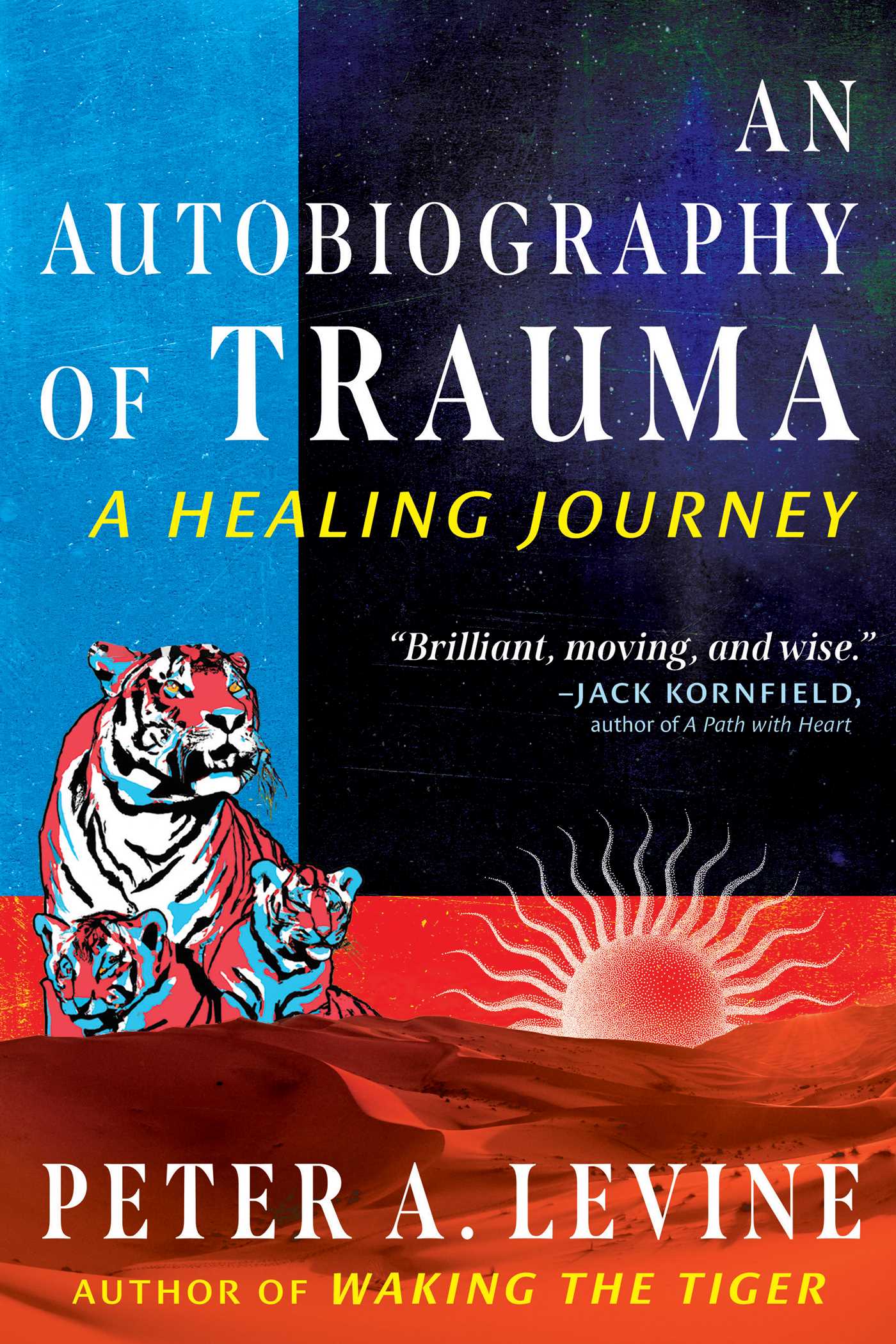
An Autobiography of Trauma (2024) – Peter A. Levine
Well, well, well… I’m still processing what I just read. The author of this book is Peter A. Levine, a professor with significant research experience, especially in issues related to trauma, he is also confidered by many to be a spiritual mentor. I find this book extremely valuable for several reasons:
1) I wanted to know more about Levine`s life before delving into his “Somatic Experiencing” technique, this was a case of be careful what you wish for. I don’t know if it’s because of his age (82 years) or his personality, but Levine writes unapologetic and (quite literally) as if “everyone you know were dead”. Levine has written this book with his mind, guts, blood and soul, he strucked me with his explicit descriptions of the abuse he suffered at twelve years old by members of a mafia that harassed his family, his firsts (bi)sexual encounters, the suicide of his grandmother, his two parents and his current preparetion for dying… I was truly moved by the degree of raw honesty in this autobiography full of details, wisdom and what seems to be earnest modesty.
2) He frequently quotes Jung and uses jungian terms, with jargon such as synchronicity, rituals, transcendent function, archetypes, and the Self (capitalized) consistently emerging. He skillfully finds intersections between shamanism, Jungian psychology, common sense, ethnology, and scientific research. He has an holitic mind (in a good sense).
3) His definition of trauma just hunted me: “trauma is not what happens to us, but what it holds inside in the absence of an empathetic witness“.
This book has taken me by surprise. Furthermore, after reading it, my belief in his insights has deepened. I’m committed to exploring more of his works and am highly likely to enroll in one of his online courses. What I respect about Levine is that he has lived to tell the story and help others coping with their own, not as a theory based on diagrams, but as something to be embodied.

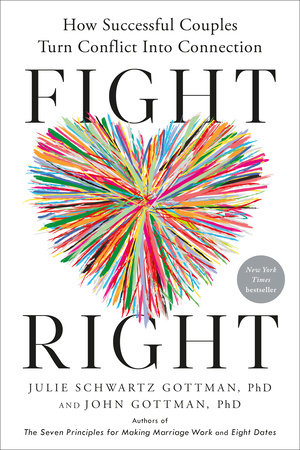
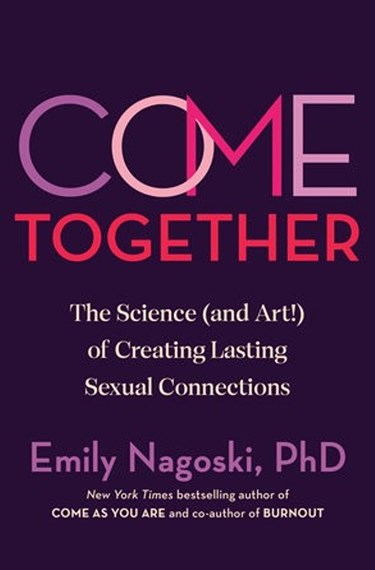
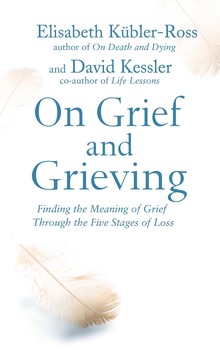
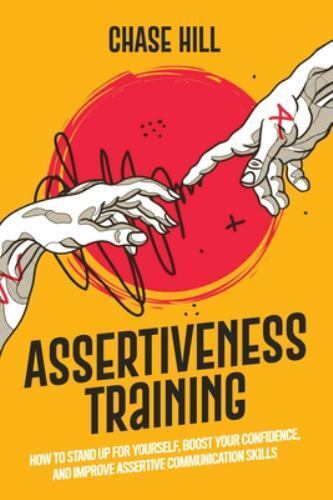
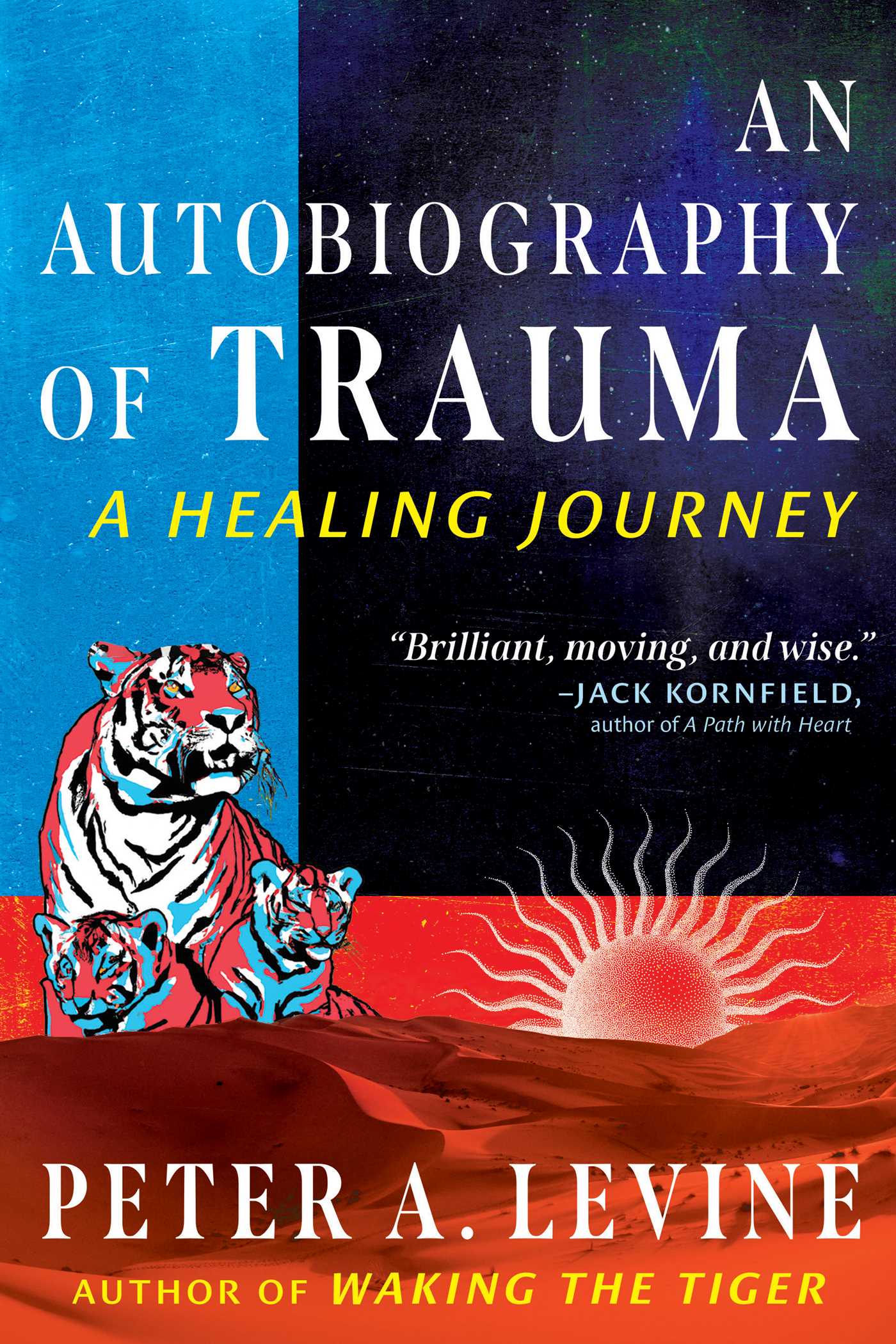
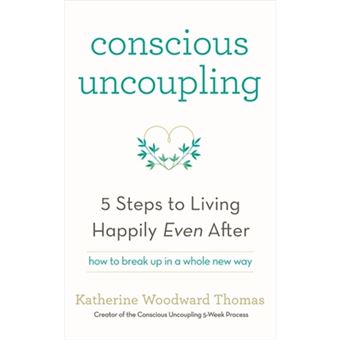
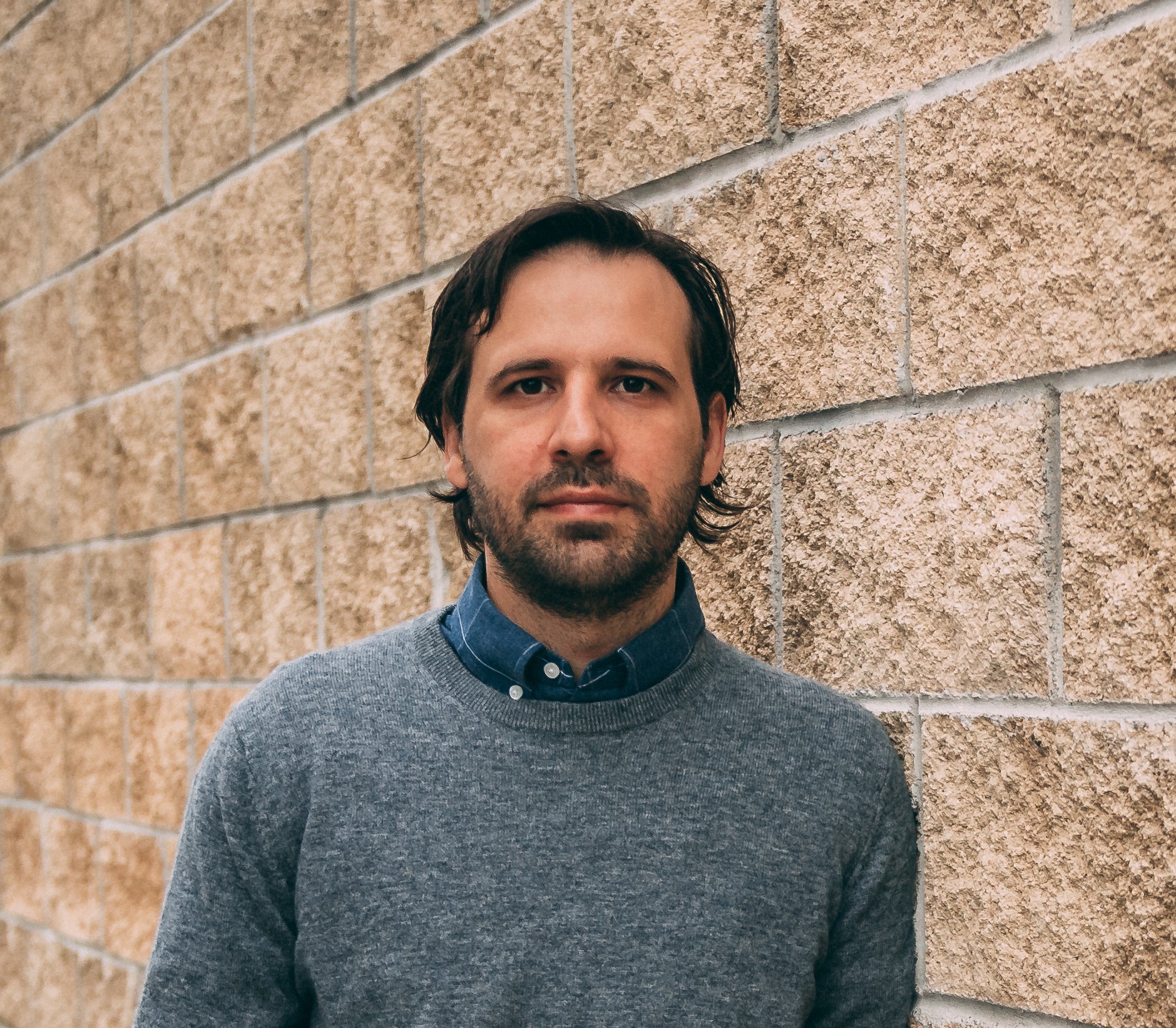
Mygreat learning Very well presented. Every quote was awesome and thanks for sharing the content. Keep sharing and keep motivating others.